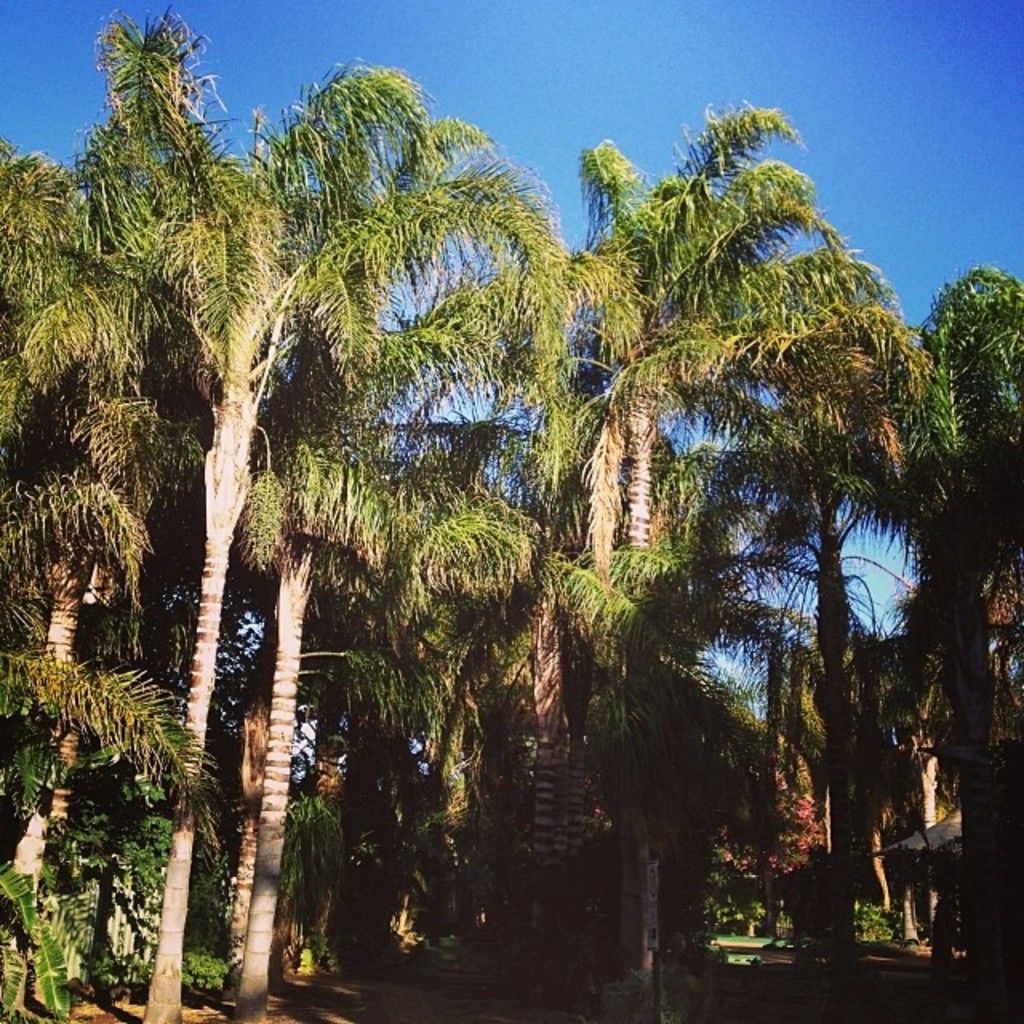Macau Plans to Combat Gambling Dependency Issues
Macauannounces major projects worth 4.2 billion EUR, aspiringto lessen economic dependence on gambling
Macau's leader, Sam Hou Fai has revealed plans for four significant infrastructure projects aiming to reduce the city's economic reliance on the gambling industry, according to industry publication, iGamingBusiness (English link). At present, roughly 80% of Macau's revenue comes from the casino sector, which has been a major contributor to its economy. In August 2024, the city witnessed record-breaking visitor numbers.
Sam asserted that Macau's excessive dependence on the gambling sector poses a structural risk in the long term. He explained that relying solely on this sector is unsustainable, considering growing competition in Asian gambling markets and other international issues such as the China-US trade war.
Established as a Special Administrative Region (SAR) of the People's Republic of China since 1999, similar to Hong Kong, Macau enjoys extensive economic and political autonomy, independent customs and tax policies, and its own legal system. This status allows Macau to conduct international agreements independently, operate an open economy, and serve as a bridge between China and the West within the Greater Bay Area, benefiting from special privileges like duty-free status as a free port and special regulations of the Hengqin Cooperation Zone.
The new projects, located in the Hengqin Cooperation Zone, were presented at a media event and will be executed over eight to ten years. The total costs will amount to 38.2 billion Pataca or approximately 4.2 billion EUR. The projects are part of a long-term strategy for promoting moderate economic diversification, as stated in the five-year plan and the guidelines of Chinese President Xi Jinping.
Macau-Hengqin International Education City
The flagship project is the Macau-Hengqin International Education City, allocated nearly 200 billion MOP (approximately 22 billion EUR). Currently under construction, the new campus of the University of Macau will open its doors in 2028. In a subsequent phase, the University of Tourism will expand into the new education city as well. The complex is being built with the goal of training highly educated specialists, particularly in tourism, leisure, and international cooperation.
International Cultural and Tourism District
A 120 billion MOP (around 13.2 billion EUR) budget has been allocated for the construction of an international cultural and tourism district. The project will be located on land between the Macau Peninsula and Taipa, currently underdeveloped for urban development. The district's centerpiece will be a National Museum, an international center for performing arts, and a museum for modern art. These are intended to showcase Macau's cultural offerings. A construction period of two to three years is anticipated.
Airport Expansion and Logistics Hub
The Macau International Airport expansion is set for 60 billion MOP (around 6.6 billion EUR). Construction has begun, and the plan includes land reclamation to expand the runway and upgrade airport infrastructure. The aim is to make Macau an international aviation hub on the western bank of the Pearl River. This expansion will intensify cooperation with Zhuhai Jinwan Airport, which specializes in domestic flights, to jointly offer logistics and transport solutions for cross-border e-commerce and the high-tech industry in the Greater Bay Area.
Technology Park
The Macau Technology R&D Industrial Park ambitions to attract research centers of international corporations, tailored infrastructure, and support mechanisms to permanently settle high-tech companies from home and abroad in Macau. Studies to determine the choice of location, operating form, and political support are ongoing, and external expert institutions will likely be commissioned to develop a sustainable concept. The goal is to integrate the research park into the Greater Bay Area network and position Macau as a platform for technological excellence.
Sam stressed the importance of Hengqin in supporting these projects and pledged to create new legal regulations tailored to the Hengqin Cooperation Zone. These regulations are intended to provide investors with legal certainty, predictability, and stability. Macau cannot remain impervious to the increasing competition in gambling and tourism from neighboring cities, and it must address these risks and challenges proactively, stated Sam.
In an effort to strengthen its ties with neighboring cities and promote real economic activities in Hengqin, six interdisciplinary steering committees and working groups are in place to facilitate collaborative project management. Further committees may be formed in future.
What technology will the Macau Technology R&D Industrial Park attract?The Technology Park in Macau aims to permanently settle high-tech companies from home and abroad by providing them with tailored infrastructure, support mechanisms, and research centers.










